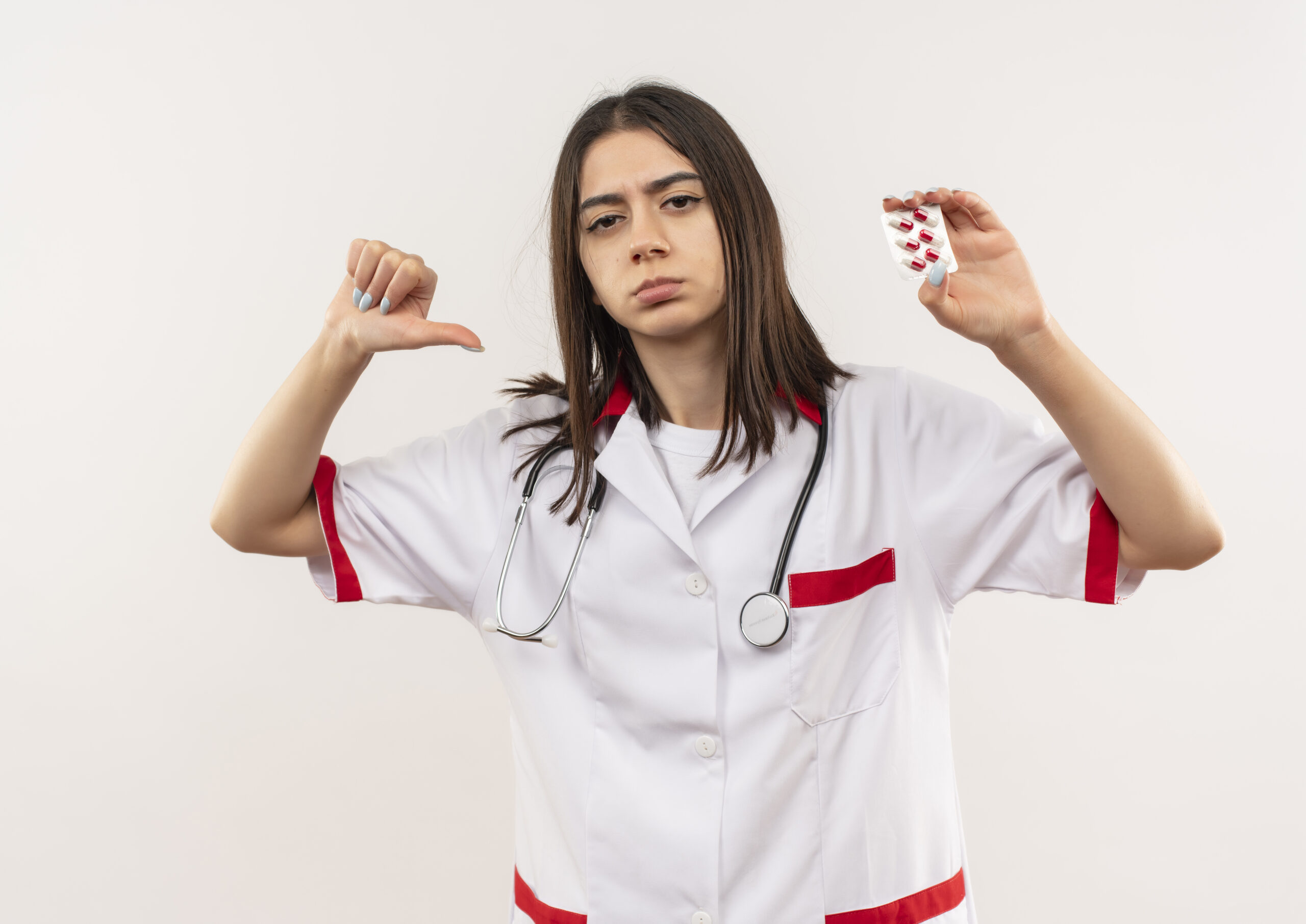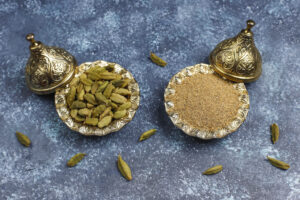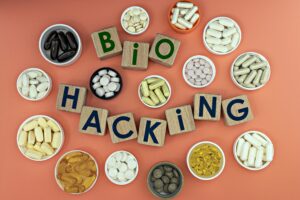Have you noticed feeling low on energy despite sleeping well? That kind of deep exhaustion — the one that doesn’t go away with coffee — might be your body’s gentle cry for iron. This tiny mineral has a mighty role: it helps carry oxygen in your blood and keeps your energy steady. When you don’t have enough, everything from your mood to your focus can start to dip. Let’s make this simple and human. You don’t need complicated terms or medical jargon — just real, useful steps to understand and overcome iron deficiency the right way.
Table of Contents
What Exactly Is Iron Deficiency?
Iron deficiency happens when your body doesn’t have enough iron to produce hemoglobin — the protein in red blood cells that carries oxygen. Without it, your body works overtime, and you feel drained.
Think of hemoglobin like a delivery van that transports oxygen to your organs. When you’re low on iron, those vans are running half-empty. The result? You feel weak, dizzy, and sometimes even short of breath.
Common signs you might notice:
- Fatigue that doesn’t go away
- Pale skin and brittle nails
- Cold hands and feet
- Frequent headaches
- Cravings for ice or clay (yes, it’s real — called pica)
These are your body’s SOS signals asking for balance and care.
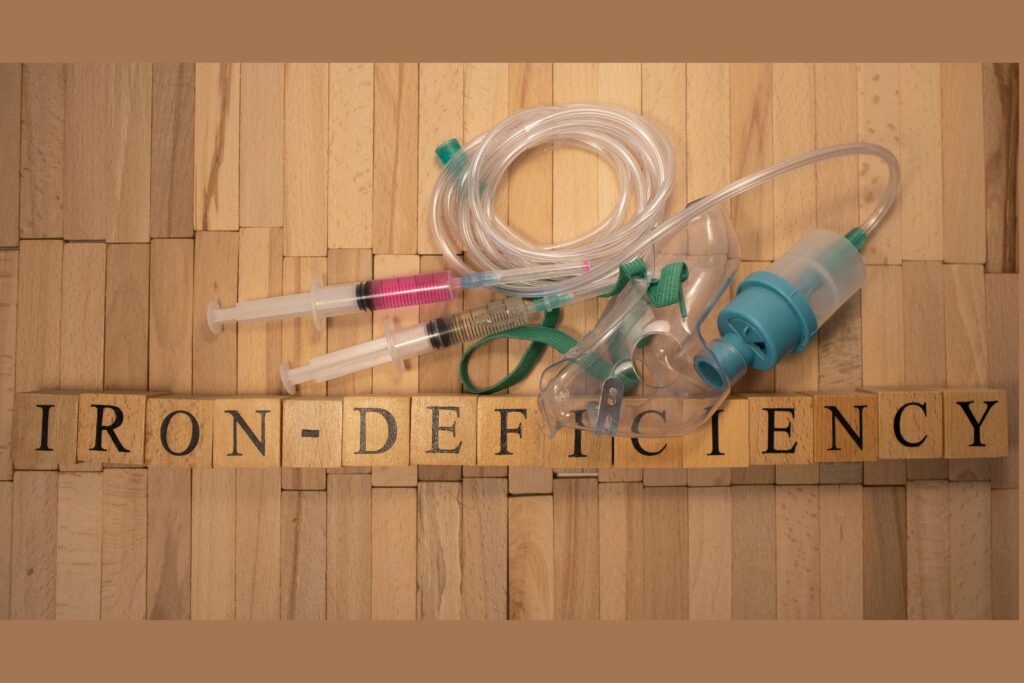
Also Read : Cholesterol Secrets
Why Your Body Needs Iron Every Day to Prevent Iron Deficiency
Iron isn’t just about energy. It’s also about mental sharpness, immunity, and healthy hair growth. When your iron levels drop, you might feel like you’re moving through fog — forgetful, slow, and less motivated.
Here’s what iron quietly does for you every single day:
- Carries oxygen to your brain and muscles
- Supports immunity so you fall sick less often
- Boosts focus and memory
- Keeps skin, nails, and hair strong
That’s why even a small deficiency can ripple through your entire system.
Also Read : Health After 30
Common Causes of Iron Deficiency
1. Not Enough Iron in Your Diet
2. Blood Loss
Heavy menstrual periods, internal bleeding, or frequent blood donations can lower your iron stores over time.
3. Poor Absorption
Even if you eat enough iron, conditions like celiac disease or too much caffeine can block absorption.
Also Read : Turmeric Benefits
4. Higher Demand
Knowing why helps you create a plan that lasts — not just a quick fix.
Also Read : Hypertension Fix
How to Overcome Iron Deficiency the Right Way
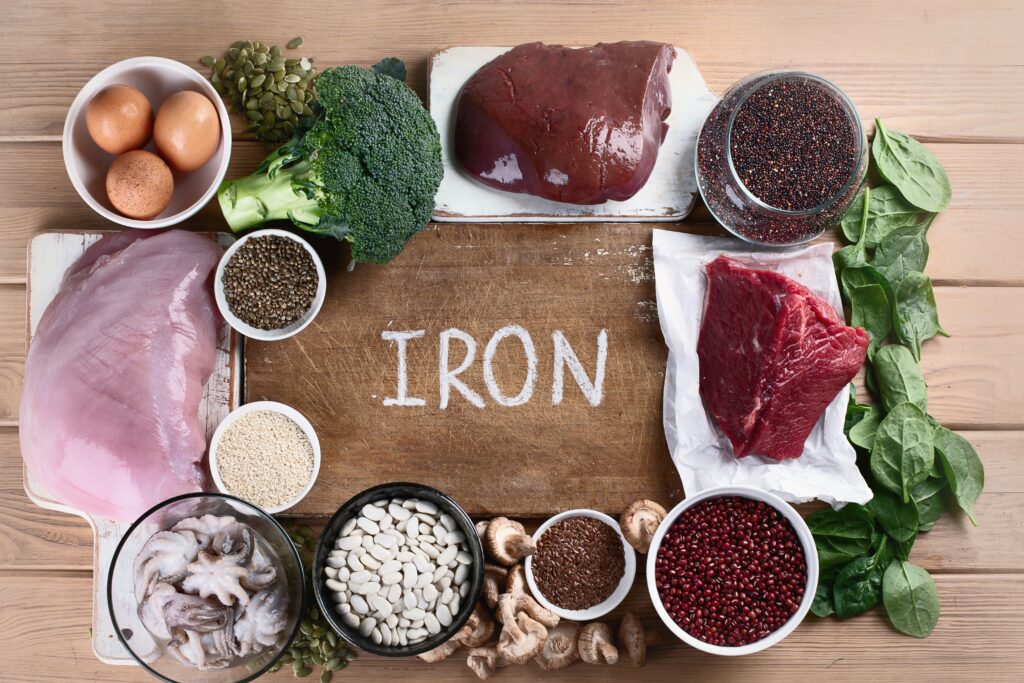
Also Read : How to Prevent from CovId & Other Viruses
1. Eat Iron-Rich Foods Regularly
Mix both heme iron (from animal sources) and non-heme iron (from plant sources).
Best heme sources:
Best non-heme sources:
- Spinach, kale, and broccoli
- Lentils, beans, and chickpeas
- Tofu and pumpkin seeds
Pro tip: Pair plant-based iron with vitamin C (like oranges or tomatoes) — it helps your body absorb iron better.
Also Read : Pumpkin Seeds
2. Cook with Iron in Mind
Also Read : Detox Your Body Today
3. Choose Smart Supplements (If Needed)
Sometimes, diet alone isn’t enough. Your doctor may suggest iron tablets or liquid supplements. Always check with a healthcare professional before starting them — too much iron can also cause issues.
Take supplements with a source of vitamin C for better absorption and avoid pairing them with dairy or calcium at the same time.
Also Read : 14 Foods You Should Never Refrigerate
4. Track Your Progress
Also Read : Joint Pain Hacks
Everyday Habits That Naturally Support Iron Deficiency Recovery
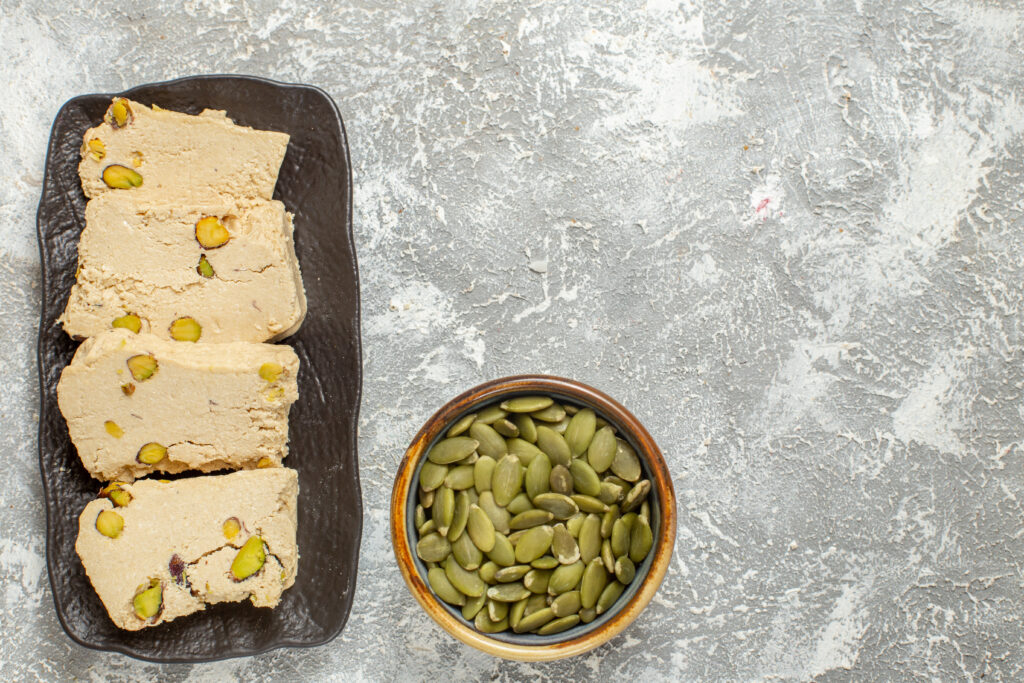
Also Read : 22 Body Heat Hacks
Iron care isn’t just about diet. It’s also about daily habits that help your body use iron efficiently.
Simple daily tweaks:
- Get 7–8 hours of sleep — your body restores blood quality while you rest.
- Stay hydrated — it helps nutrients circulate smoothly.
- Move daily — even a 20-minute walk boosts circulation.
- Reduce processed food — it often interferes with nutrient absorption.
These habits create harmony between what you eat and how your body uses it.
Also Read : How to Improve Your Eyesight
What Happens When You Ignore Iron Deficiency
If you keep brushing it off, the tiredness may turn chronic. Over time, untreated iron deficiency can lead to anemia, where your body produces fewer red blood cells.
That means less oxygen reaches your organs — causing shortness of breath, pale skin, and low immunity. In severe cases, it can even affect heart health.
The good news? With early attention, your body can bounce back beautifully. Iron deficiency is one of the easiest nutrient imbalances to reverse when you act early.
Also Read : Constipation Relief
Real-Life Example: A Simple Turnaround Story
Meet Priya — a 32-year-old marketing executive. She used to feel exhausted, even after sleeping 8 hours. After her doctor diagnosed mild iron deficiency, she made three changes:
- Added spinach smoothies with oranges in the morning
- Switched from non-stick pans to cast iron
- Reduced her coffee intake right after meals
Within six weeks, her energy skyrocketed, and her focus improved. Her story isn’t rare — it’s what happens when small habits align with what your body truly needs.
Also Read : Rock Salt Benefits

Also Read : Vitamin Balance
FAQs About Iron Deficiency
How long does it take to recover from iron deficiency?
Usually, 6–12 weeks of consistent effort. Your doctor may extend supplements depending on blood levels.
Can you have too much iron?
Yes. Too much iron can harm your liver and other organs. Always follow professional advice before taking supplements.
Are vegetarians at higher risk?
What are the best natural drinks for boosting iron?
Beetroot juice, spinach smoothies, and orange-carrot blends are excellent choices.
Also Read : Spice Secrets
The Takeaway
Iron is your body’s silent powerhouse — it fuels your heart, sharpens your mind, and keeps you glowing with life. The “right way” to overcome deficiency isn’t about doing everything at once. It’s about small, consistent changes that make your energy feel natural again.
So, the next time fatigue creeps in, remember — your body isn’t weak. It’s just whispering that it needs iron love. Listen to it, nourish it, and watch your energy rise again.
Also Read : Vinegar Wonders

